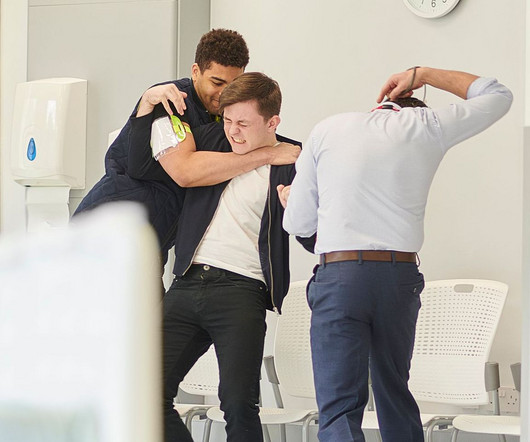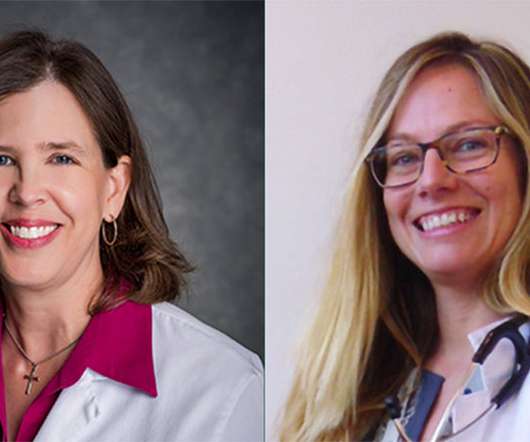Empowerment Self-Defense Arms ED Staff Against Rising Workplace Violence
Physician's Weekly
JUNE 26, 2025
For physicians, nurses, medical assistants, and support staff, workplace violence (WPV) is now a daily hazard, inflicting physical injury, emotional trauma, and eroding the quality of patient care. Current Responses: Necessary but Insufficient Medical organizations have responded with advocacy efforts and public campaigns.














Let's personalize your content